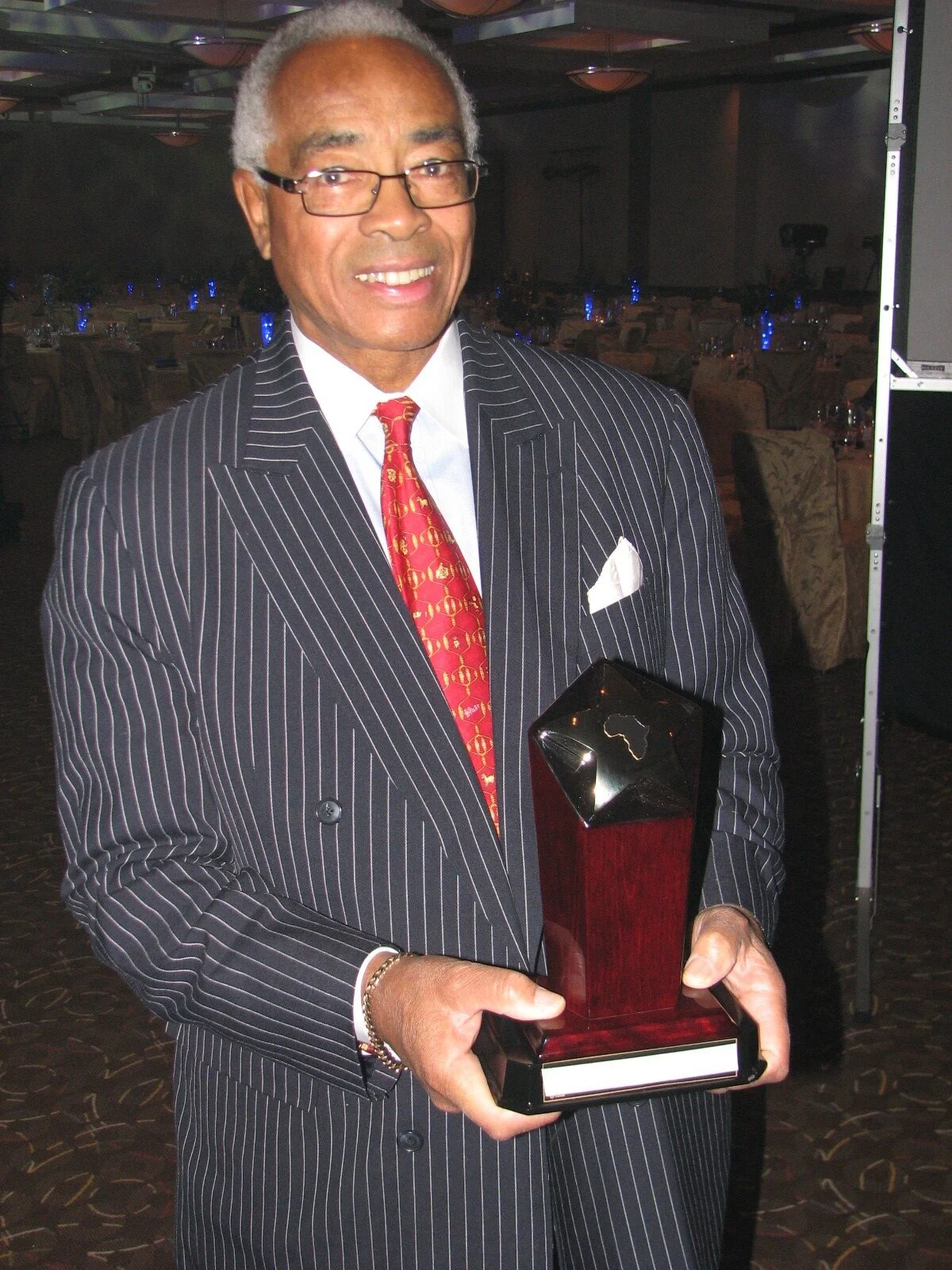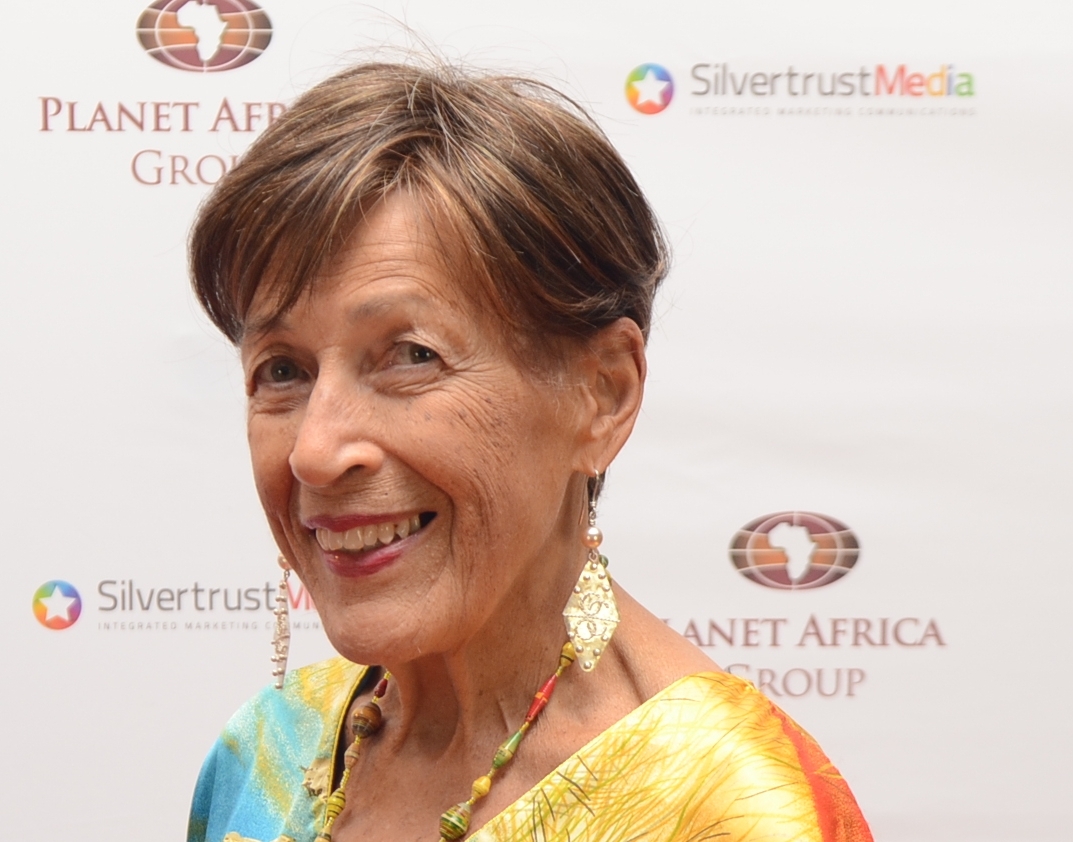Order of Canada for retired Senator Donald Oliver
January 11, 2020
Given six months to live after a rare debilitating heart disease diagnosis in 2015, retired Senator Donald Oliver has overcome the odds and cherishes each day of life, particularly the one just before the end of last year when he received the call of his appointment to the Order of Canada.
The first Black Canadian male in Parliament’s Upper House made the bi-annual honours list for supporting diversity initiatives and being a powerful advocate for people of colour.
A descendant of slaves from Maryland and Virginia, Oliver is the third member of his family to be selected for Canada’s second highest honour for merit.
His half-brother, William Oliver – the only African-Canadian chaplain during the Second World War – and uncle, Bill White who was the first Black Canadian to run for federal office in Canada, were invested in 1985 and 1971 respectively.
“Fleeing slavery, my family made their way to Nova Scotia and have been doing humanitarian and other kinds of work for generations,” Oliver said. “It’s quite a tradition and history. When I received the call that I was selected for the Order of Canada, I was speechless. I am so thrilled.”
The octogenarian has cardiac amyloidosis that’s caused by a deposit of an abnormal protein in the heart tissue.
There is no cure in Canada for the disease.
“Fortunately, I made my way to the Mayo Clinic in Minnesota where they have some superb doctors who managed to get me a couple of clinical trials,” Oliver pointed out. “They were trying out drugs for my particular disease and I think one of them helped me a bit. There are a number of things I can’t do because of the disease, but I still continue to try to do as much as I can to help society and young people.”
He does motivational speaking, write op-ed pieces and does cardiac exercises three times weekly at the local YMCA.
Wanda Thomas Bernard, who was appointed to the Senate in 2016, said Oliver is most deserving of the honour.
“Being the first African Nova Scotian appointed to the Senate gives him a prominent place in history,” she said. “However, his substantive contributions to breaking barriers for people of African descent and other racialized people and his tireless efforts to teach all Canadians about the value of diversity, equity and inclusion, especially in the workplace, make him stand out. He has also very quietly and effectively worked with post-secondary institutions to create opportunities and support for African Canadians to enter and experience success in those institutions.”
Donald Oliver has been honoured with many awards during an illustrious public service career
Oliver was a major force behind the establishment of the James R. Johnston Chair in Black Canadian Studies at Dalhousie University where Thomas Bernard was the first Black Canadian to have an academic tenure position and become a full professor, and one of the architects of the Black United Front, the Black Cultural Centre for Nova Scotia and the defunct National Black Coalition of Canada.
“His contributions to each of these organizations is invisible to many, but highly impactful,” added Thomas Bernard. “As one of the mentors that was visible and available to me during my formative years, I will be forever grateful for his effective leadership.”
Sheila White, who ran for political office in Toronto and was an aide to former Toronto Mayor Mel Lastman, and Oliver are cousins. She is the daughter of the late Bill White.
“This is a well-deserved honour for Don who is a champion of human rights and diversity and one of Nova Scotia’s true leaders,” she said. “Through his work in politics, business, the community and the arts, he has earned his place in history.”
York University chancellor and vice-president Mamdouh Shoukri (r) and chancellor Roy McMurtry (l) presented an honourary degree in 2012 to senator Donald Oliver
Understanding the need to combat racism and provide equal opportunities to all regardless of skin colour, Oliver -- in his maiden speech in the Senate in 1991 -- expressed the belief that he could represent Black Nova Scotians and visible minorities in Canada.
In 2005, he raised $500,000 to lead the first ever national study conducted in Canada that definitively proves the business case for diversity. The Conference Board of Canada employer’s guide provides concrete strategies and tools that can be used by leaders, human resource managers and line managers to create inclusive workplaces that respect, value and promote visible minority talent.
The ground-breaking practical guide has been impactful.
“A number of senior public servants have told me that there is no report that’s more instrumental in making a movement for the four target groups (visible minorities, Aboriginals, people with disabilities and women),” he said shortly after retiring from the Upper Chamber. “Because that report suggested things that should be done by senior managers to be more inclusive, a lot of those recommendations were taken into consideration and changes were made. That more people from the four target groups have been hired and promoted in both the public and private sectors, I think, is a direct result of the recommendations and findings of that report.”
After the study was initiated, Oliver travelled to several countries around the world to talk about the urgency of fostering diverse and inclusive organizational cultures.
“From a visible minority and diversity point of view, all of the work that I did in diversity, I think, has made a difference because of the 2005 report that was read around the world,” he pointed out. “I was asked, for example, by countries like Sweden, Denmark, Norway and Finland to fly to those places at their expense and gave a series of lectures on that report so they could learn what they should be doing better in their public and private sectors to make diversity a fact of life. So that report and the work that I have done on diversity have had global ramifications. I would like to think that has been my biggest legacy.”
Called to the Nova Scotia Bar in 1965 after graduating with a Law degree from Dalhousie University, Oliver served as director of the Nova Scotia Law Foundation and was active in several community organizations in his home province before his appointment to the Senate in September 1990.
The recipient of five honourary degrees from Canadian universities, he singled out the work done on Private Members Bills to amend sections of the criminal code pertaining to stalking and one that addressed spam and related online threats as the highlights of his tenure in the red chamber.
“From a public policy point of view, I saw a problem with the criminal code and the number of Canadians of all colours that were being stalked and the law was not able to protect them,” said Oliver who enjoys cooking and making jams, relishes and pickles. “So I drew up a Bill that passed in the House of Commons and became the law of the land. Spam, at one stage was costing Canadians more than $9 billion in lost productivity. I brought in two Private Members’ Bills to try and correct that problem. Portions of those bills ultimately became law so that’s two things that are part of my legislative career that I will always remember.”
Another high point of his Senate career was meeting United States president Barack Obama in Washington in 2009. Former Prime Minister Stephen Harper invited him on the trip.
“We went to the White House and had a meeting in the Oval office in preparation for the G-20 summit in Pittsburgh,” Oliver, the first Black to hold the post of Deputy Speaker, recalled. “When that meeting was over, I had a one-on-one with Obama. It was an incredibly exciting moment for me because Obama had been briefed by our PM about a lot of the work I have done in the Afro-Caribbean community for almost 50 years. The U.S president congratulated and praised me for that work and some of the good things that have come from that work and then we talked about our joint history.
“I explained that I was the first Black man in Canadian history to be summoned to the Senate even though, on both sides of my family, I am a descendant of slaves in America. I said I had a lot to be proud of. He was the first Black man to become president of the U.S, so we both had a lot in common to be proud of. We shook hands and took a photo. That was very moving for me.”
Donald Oliver & his cousins at the opening of the Portia White exhibit at the Colchester Historeum in Truro in May 2019
Religion and music are integral parts of Oliver’s life. One of five children born to a Baptist minister father and concert pianist mother, he played the trumpet as a young man and owned a jazz band.
The Order of Canada was created in 1967 to coincide with the centennial of the confederation of Canada.
The inaugural list of 90 appointees included just one Black, Isaac Phills, who migrated from St. Vincent & the Grenadines in 1916 as a trained 20-year-old agriculturalist. He was honoured for providing his children with a solid education and start in life and setting a fine example in his community despite the many obstacles he faced.
Unable to find a job in his field in Whitney Pier where he settled, Phills spent 45 years working at the Sydney steel plant in Cape Breton. He also served in Canada’s first and only Black battalion, #2 Construction which was formally authorized as a unit of the Canadian Expeditionary Force 109 years ago.
Phills, who with his wife -- Alda -- produced seven children, died in March 1985 at age 89.
One of their children, Dr. James Phills who passed away in Florida in 2005 at age 85, was the first Nova Scotia-born Black medical doctor.









